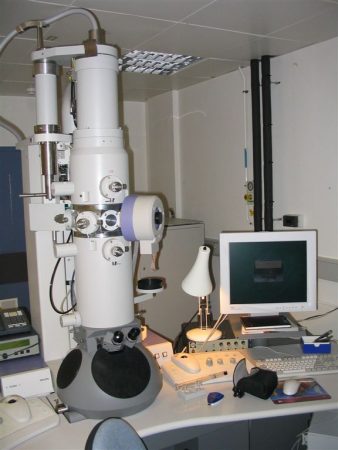
Cognetivity Neurosciences and Oxford University to partner on study of remote cognitive assessment
by CM Staff
Research will utilize Cognetivity's Integrated Cognitive Assessment (ICA) technology to study potential early-stage cognitive decline in individuals at risk of developing dementia

PHOTO: David J Morgan/Wikimedia Commons
VANCOUVER, BC — Cognetivity Neurosciences Ltd. announced that it will be collaborating with researchers at Oxford University to investigate the use of its Integrated Cognitive Assessment (ICA) in monitoring the cognition of individuals at risk of developing dementia.
Participants in the study will take the ICA remotely via their smartphones, offering further insight into the potential of Cognetivity’s digital tool to enhance early-stage dementia diagnosis.
The study aims to use remote, smartphone-based assessment with a view to measuring cognitive decline associated with the earliest stages of disease. In this study, researchers intend to recruit cognitively healthy participants aged 50 and up who may be at risk of cognitive impairment or who are subjectively concerned about their cognition.
The study will be led by Dr. Ivan Koychev, a Senior Clinical Researcher and Specialist Consultant Neuropsychiatrist at Oxford University and the National Health Service, who expressed his enthusiasm for the project.
“Dementia is one of the biggest healthcare challenges facing our generation. We now know that the process leading to it starts 15-20 years before symptoms. The healthcare system is not geared up to identify the individuals in its preclinical stages and that is why we are looking to digital technology as a scalable means to point to dementia risk.” Koychev said in a statement. “Cognetivity’s ICA has great potential to contribute to this. With its unique approach to cognitive testing, it could pave the way for accurate, early-stage dementia diagnosis that, through remote assessment, is in line with what is required for the future of clinical practice and increases accessibility, particularly among populations under-represented in research studies and also Covid-19 affected populations.”